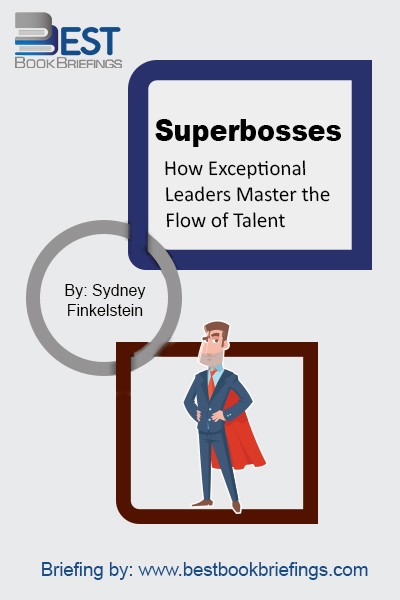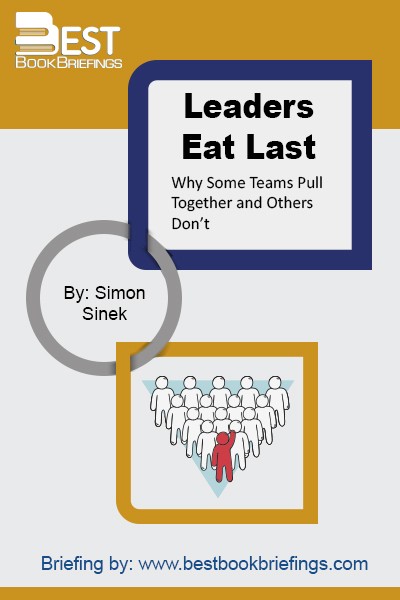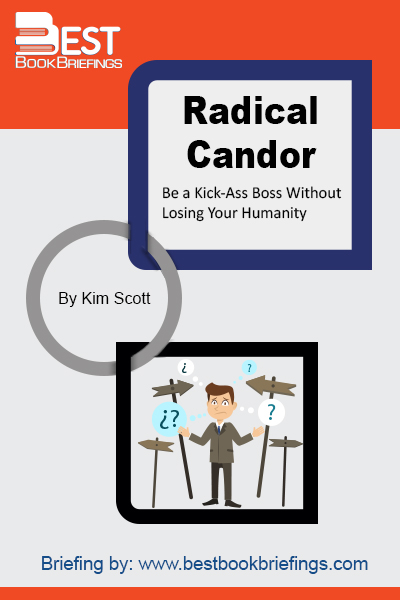Radical Candor
Be a Kick-Ass Boss Without Losing Your Humanity
Number of pages: 272
Publisher: St. Martin's Press
BBB Library: Leadership, Operations Management
ISBN: 978-1427283122
Editorial Review
Radical Candor is a simple idea: to be a good boss, you have to Care Personally at the same time that you Challenge Directly. When you challenge without caring it’s obnoxious aggression; when you care without challenging it’s ruinous empathy. When you do neither it’s manipulative insincerity. This simple framework can help you build better relationships at work, and fulfill your three key responsibilities as a leader: creating a culture of feedback (praise and criticism), building a cohesive team, and achieving results you’re all proud of. Radical Candor offers a guide to those bewildered or exhausted by management, written for bosses and those who manage bosses. Taken from years of the author’s experience, and distilled clearly giving actionable lessons to the reader; it shows managers how to be successful while retaining their humanity, finding meaning in their job, and creating an environment where people both love their work and their colleagues.
Book Reviews
Books on Related Topics

Why do perfectly good companies have to die? They don’t. Companies can avoid or overcome almost any business challenge with the right talent. It’s when organizations don’t regenerate their talent—and with it their supply of new ideas, approaches, and solutions—that they flounder. The wisdom of talent spawner—whom we call superbosses—isn’t merely

Perhaps more than any of the other dysfunctions, the leader must set the tone for a focus on results. If team members sense that the leader values anything other than results, they will take that as permission to do the same for themselves. Team leaders must be selfless and objective and

Leaders Eat Last attempts to help us understand why we do what we do. Almost all of the systems in our bodies have evolved to help us find food, stay alive and advance the species. However, for a lot of the world, and certainly throughout the developed world, finding food and



